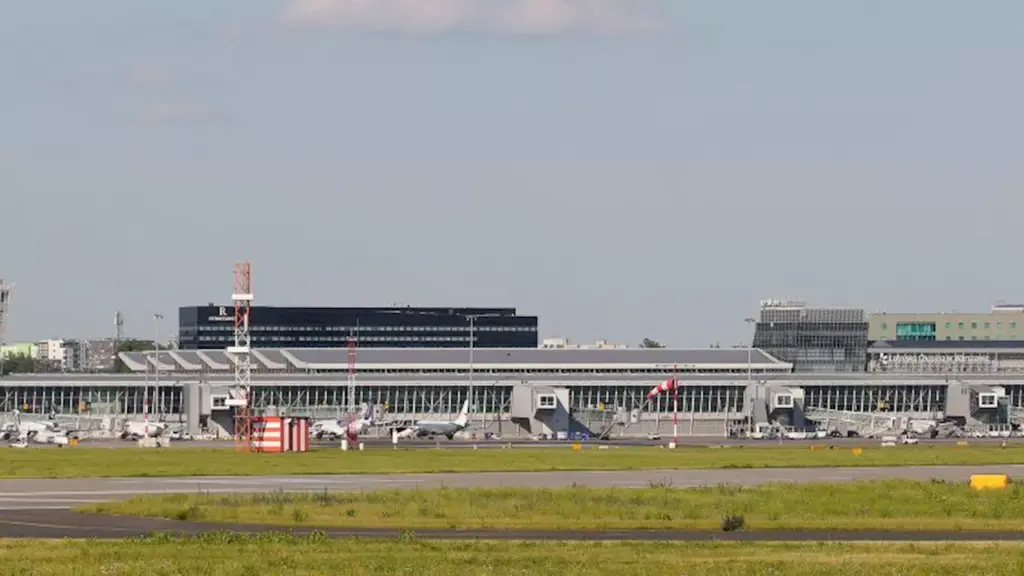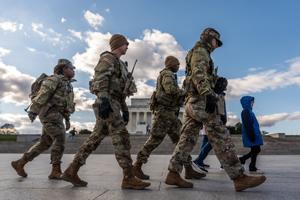
Poland has officially requested NATO to activate Article 4 in response to recent incursions by Russian drones into its airspace. This request marks a significant moment in the ongoing tensions between NATO member states and Russia. Article 4 of the NATO treaty allows member countries to convene for consultations when they perceive a threat to their territorial integrity, political independence, or security.
The invocation of Article 4 is rare. Since NATO’s establishment in 1949, it has been triggered only seven times, underscoring the severity of the current situation. Poland’s Prime Minister, Mateusz Morawiecki, emphasized the need for collective action during a press briefing in Warsaw, stating, “The security of our nation and our allies is paramount. We cannot ignore any violations of our airspace.”
The recent drone activity has raised alarms not only in Poland but also among other NATO allies. Reports indicate that these incursions have escalated in frequency, prompting concerns about potential military aggression from Russia. As tensions continue to rise, NATO’s response will be closely watched by international observers.
NATO’s Secretary-General, Jens Stoltenberg, has acknowledged Poland’s concerns and indicated that the organization is prepared to discuss the situation promptly. “We stand united in our commitment to defend each other. Poland’s security is our security,” Stoltenberg remarked in a recent statement.
Poland’s call for Article 4 reflects a broader apprehension among Eastern European nations regarding Russia’s military activities. Countries such as the Baltic States have previously expressed similar concerns, advocating for stronger NATO presence in the region to deter potential threats.
As the situation develops, NATO’s response will be pivotal in shaping future security strategies within Europe. The alliance’s ability to address member states’ security concerns will be a crucial test of its collective defense commitment.
The invocation of Article 4 could lead to heightened military readiness across NATO, as member states work together to assess the implications of Russia’s actions. The alliance has previously demonstrated its commitment to collective security, and this incident may further reinforce the necessity for continuous vigilance in the face of external threats.
In summary, Poland’s request to trigger Article 4 reflects growing anxieties over regional security in light of Russian drone activity. As NATO prepares to respond, the situation underscores the delicate balance of power in Europe and the importance of solidarity among member nations.






